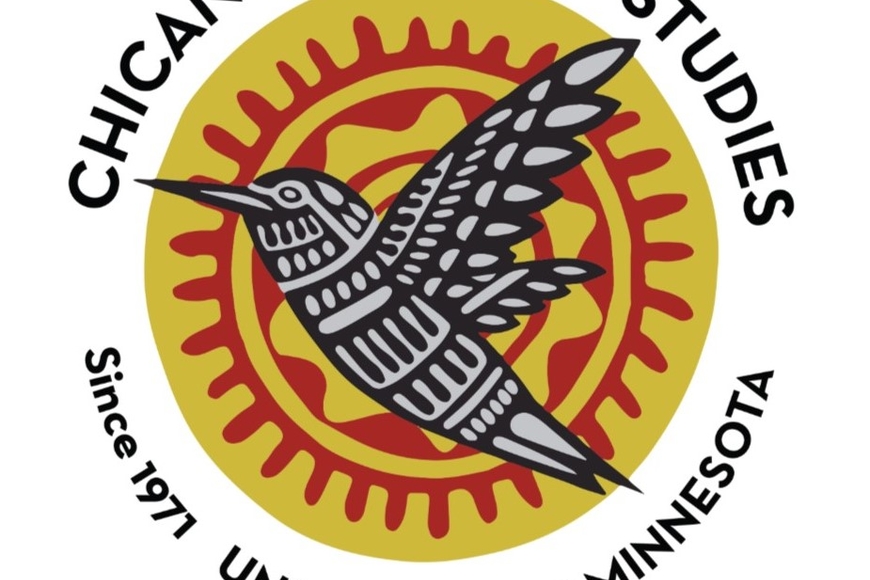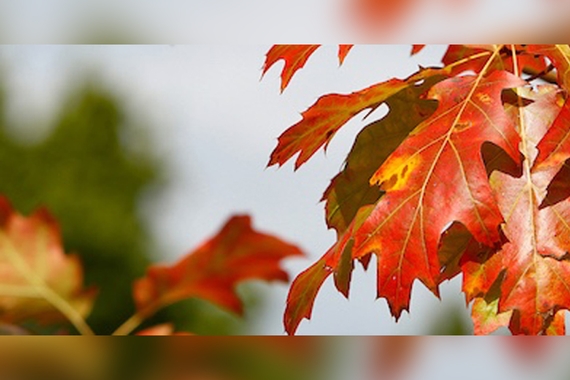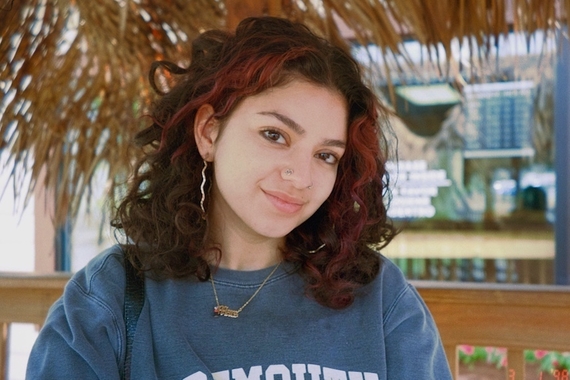Open Call for Artists!
Open Call for Artists / Creatives
The Chicano and Latino Studies Department in connection with CLUES (Comunidades Latinas Unidas En Servicio) is calling for artists (in the broadest sense of the word) to participate in their forthcoming collaborative exhibition. In Spring 2021, the department will celebrate its 50th anniversary, and with CLUES, invites artists to create new work inspired or informed by a selection of the Chicano and Latino Studies Department archives.
The Chicano and Latino Studies Department is offering a modest honorarium for four to eight artists to produce unique work for exhibition. We seek works influenced by the archive of documents relating the origins of Chicanx and Latinx studies, student activism, and scholarship at the University of Minnesota. We seek art in any form, genre, or media, such as, sound, visual, video, dance/movement, cuisine, or new media. The commissioned work will become part of a multi-media arts exhibition that links Latinx movements of the past with present day social justice struggles. Upon completion of the exhibition, those commissioned works that are physical objects will become a source for donor support to CLUES or the Department of Chicano and Latino Studies. The artists retain copyright authority in their work.
The Exhibition Committee to select the artists is composed of Dr. Karen Mary Davalos, Chair and Professor of Chicano and Latino Studies; Ernesto Moreno, Exhibition Curator and recent graduate of Heritage Studies and Public History at UMN; and Aaron Johnson-Ortiz, CLUES Director of Arts and Cultural Engagement. Other community partners may be appointed as needed.
Criteria for selection: The Exhibition Committee seeks a diversity in media, styles, and approaches to the archive-based project as well as a diversity of artistic exposure, including emerging and mid-career artists as well as established artists; and we prefer residents of Minnesota and neighboring Midwestern states. Given the department’s historical connection to struggles for social and racial justice, we welcome proposals that embrace a community-focused and social justice lens.
For access to the sample of the digitized archive or any questions you have, including possible opportunities to work with artists, please send an email to clstwincitiesarchive@gmail.com.
The deadline for applications have been extended to August 14 , 2020.
What we offer to commissioned artists:
- Access to digital materials and the UMN Libraries CLS Collection.
- UMN Library privileges, if required for the commissioned project.
- Honorarium commensurate with experience ($500-$1,500).
- Reimbursement for materials, up to $230.
- Storage of art prior to exhibition.
- Exhibition of art work at CLUES in spring 2021.
- Maintain rightsholder status in art.
Dates for the exhibition: Feb. 1, 2021 - May 31, 2021
To apply, please send the following materials to chicstud@umn.edu:
1) Contact information (name, postal address, email address, and phone number) for the artist or group.
2) Your CV, resume, or 1-page (max.) autobiographical statement that evidences your commitment to social justice. Group applicants should send a statement about the collective.
3) Digital portfolio or website for samples of their work that support the proposed artistic outcome. Contact clstwincitiesarchive@gmail.com for access to the sample selection of the archives.
4) 1-page (or less) description of the proposed direction of the commissioned work.
About Chicano and Latino Studies Department
Grounded in the legacy of the 1960s Chicano civil rights movement, the department traces the intellectual contributions, cultural shifts, histories and political developments of people of Mexican and Latin American descent living in the United States. Central to the success of the University of Minnesota's Department of Chicano and Latino Studies is a mission designed to cultivate research, teaching, and service to the community in an inter-related manner. We offer a rigorous undergraduate degree program that includes extensive civic engagement, outreach efforts, and advocacy. Over the decades, the department has produced outstanding leaders in higher education, state and local politics, the creative arts, and other innovative professions.
As a Department of Chicano and Latino Studies, we remained deeply committed to our focus on the lived experience of people of Mexican descent in the United States, but we acknowledge that a comparative, indigenous, and transnational approach that showcases the intra-cultural diversity of the Latino population is important in fulfilling our educational mission at the University.
About Comunidades Latinas Unidas En Servicio (CLUES)
Founded in 1981 as a mental health clinic, today Comunidades Latinas Unidas En Servicio (CLUES) is Minnesota’s largest Latino-led organization. CLUES empowers Latinos by building upon our individual and collective strengths, as well as our shared cultural values. In addition to mental health, we provide job training for immigrants, adult education, youth leadership, senior care, and a whole host of services supporting and empowering Minnesota’s Latino families. Creativity, expression, and beauty are important aspects of Latino life, and CLUES recently added Arts & Culture as a critical lever in advancing community wellness, social cohesion, cultural pride, and economic growth. Our motto “la cultura cura” (culture heals) conveys the ways in which Latino Arts & Culture intersects with mental health, education, and economic empowerment. In 2019, we opened a new community and cultural center on the East Side of St Paul, including Minnesota’s only nonprofit Latino-focused art gallery, where we have already presented over 70 Latino artists, poets, dancers, and musicians.
As we continue to experience the impacts of the coronavirus pandemic, the Chicano and Latino Studies Department and CLUES recognize that the exhibition’s opening date may change to protect the safety and security of communities at risk.


